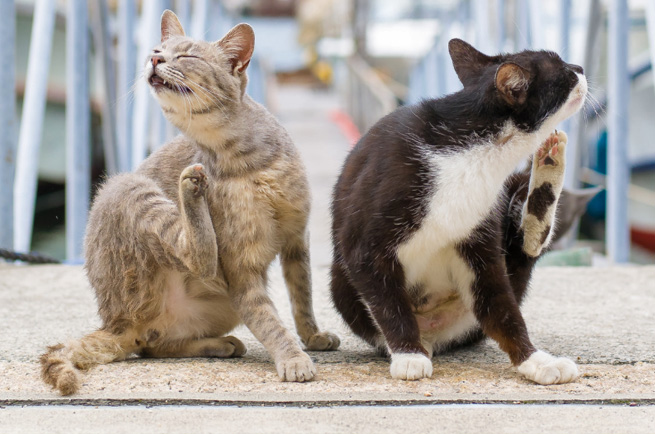Vaccinating your cat
Like dogs and humans, cats also need vaccines to help their bodies combat diseases. As a responsible cat owner, you should make sure that your cat has the vaccinations it needs for a long and healthy life.
21 Mar 2016 By Andrew Clarke Comments
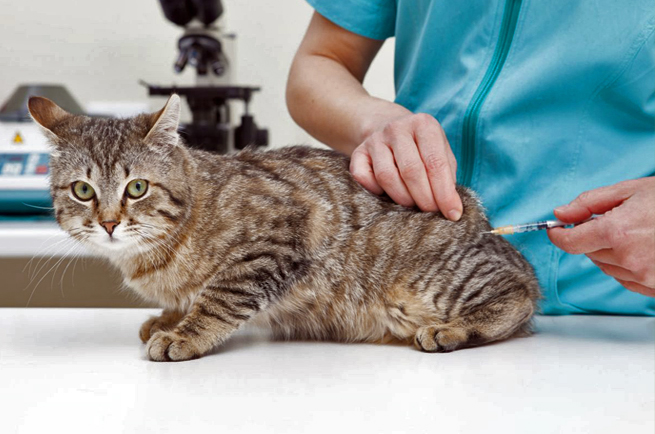
Cat vaccines are part of essential feline veterinary care. Typically, cat vaccines are delivered through an injection under the skin, but there are also cat vaccines that could be introduced via the nose or eyes.
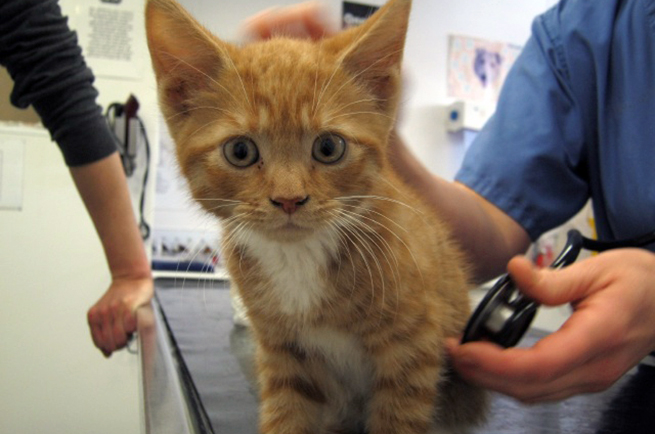
What are cat vaccines?
Vaccines are pharmaceutical formulas designed to help your cat’s immune system fight possibly life-threatening diseases. The cat’s immune system responses will be stimulated by the vaccine’s formulation and kick in once the animal is exposed to infection or illness.
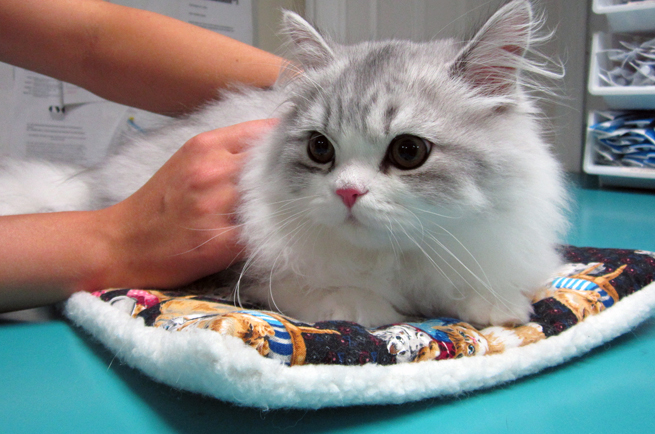
What are the ingredients of cat vaccines?
Cat vaccines can contain a wide variety of ingredients and will fall into one of three categories.
Modified live vaccines: these introduce modified living organisms to the cat’s system to help them combat disease.
Inactivated vaccines: these use the dead cells of the disease to help the cat’s bodies become immune.
Recombinant vaccines: these help produce proteins that are important to the stimulation of immune response.
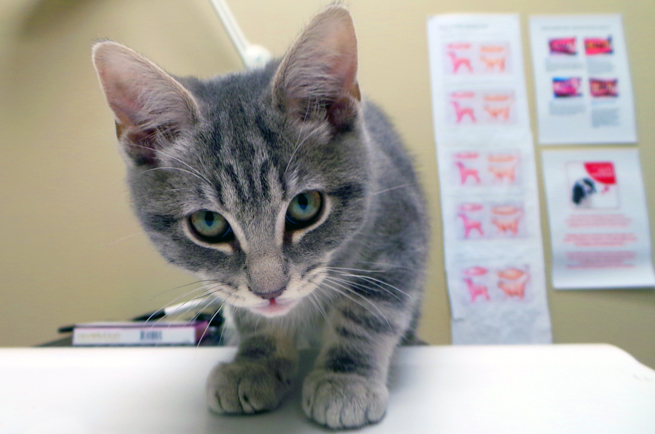
When should my cat get vaccines?
Kittens should receive a series of vaccines very early on. When the kitten turns a year old, vaccine boosters should be introduced.
The vaccination schedule largely depends on the lifestyle of your pet. You and your veterinarian should consider whether the cat stays indoors or outdoors, if the cat is expected to travel to a different part of the country or overseas, if the cat has underlying disease conditions, and exposure risks.
Your cat should not receive all the vaccines known to feline kind, that’s a bit excessive. You should consult with your veterinarian about what your cat does and does not need.
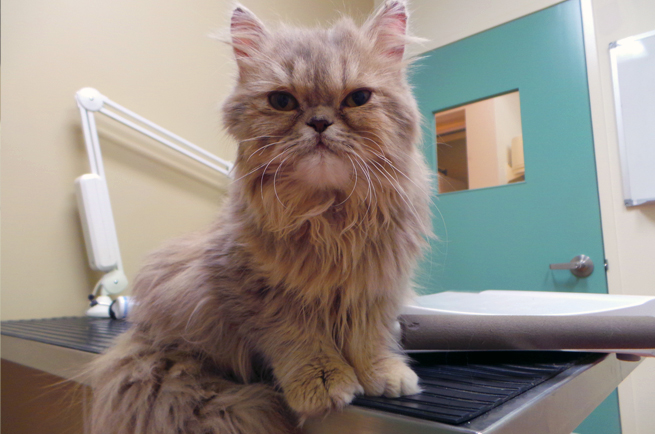
Kinds of Cat Vaccines
There are two general kinds of cat vaccines: core vaccines and non-core vaccines.
Core vaccines are defined as the vaccines that all cats, regardless of breed or lifestyle, should receive. These core vaccines aim to protect your cat from serious and potentially life-threatening diseases present in all parts of the world.
Some core vaccines fight off:
- Feline viral rhinotrcheitis (more commonly known as “feline flu”)
- Feline calicivirus (another respiratory infection)
- Feline panleukopenia virus (feline parvovirus or feline distemper).
- Anti-rabies
Non-core vaccines are generally prescribed to cats living in specific locations, or having specific lifestyle patterns that make them susceptible to certain infections and diseases.
These non-core vaccines can fight against:
- Chlamydophila felis
- Feline leukemia virus
- Feline immunodeficiency virus (known as feline virus)
- Bordetella (or kennel cough)
21 Mar 2016 By Andrew Clarke Comments
comments powered by Disqus



